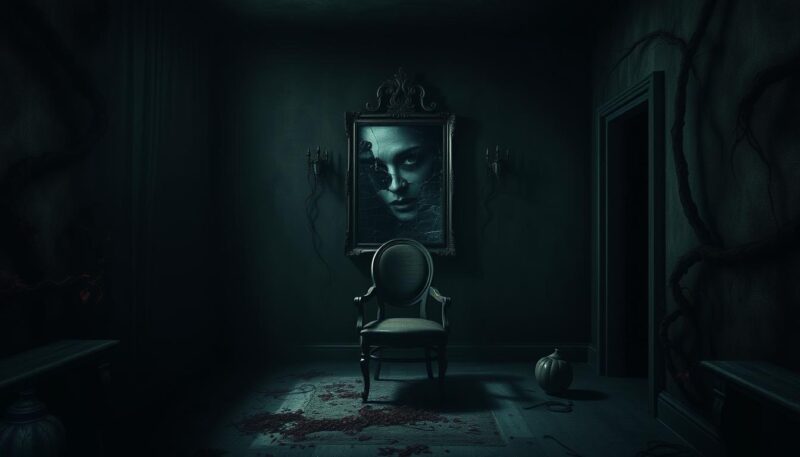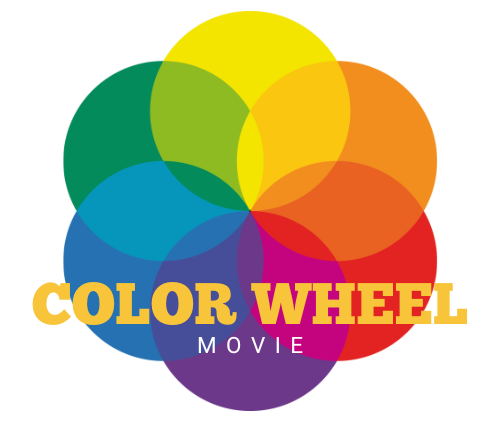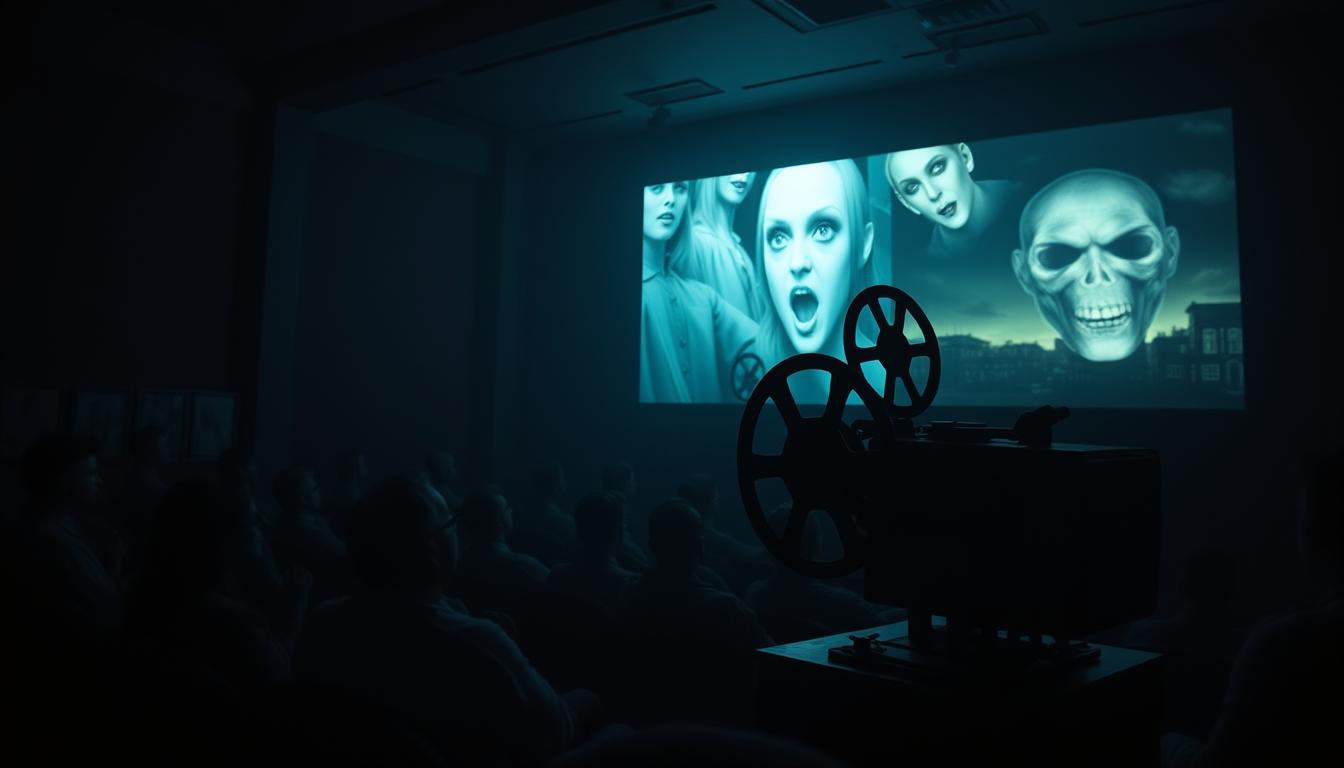Welcome to the spine-chilling world of psychological horror films, where fear creeps into your mind and lingers long after the credits roll. If you’re a devoted fan of this captivating genre, you’re in for a treat. Psychological thrillers not only entertain but also delve deep into the darkest corners of the human psyche. As they evolve from early cinematic roots to present-day masterpieces, these films have become an essential part of horror cinema, offering a unique blend of suspense, anxiety, and the unpredictable nature of fear.
So what makes the best psychological horror movies truly stand out? It’s their ability to mess with your mind, blend reality with the surreal, and leave you questioning your own perception. Films like “Get Out” and “Hereditary” have redefined chilling narratives, bringing new life to this provocative genre. Join us on this journey through the best psychological horror movies, where we’ll explore their evolution, key themes, and of course, the standout films that have earned their place in horror history.
As we delve deeper, you’ll discover powerful stories and unforgettable characters that will haunt your dreams. Grab your popcorn and settle in for a cinematic experience that pushes boundaries and tests the limits of fear. Whether you’re reminiscing about classic films like “The Shining” or discovering gripping new releases, there’s something within this genre for every hardcore fan. Get ready to explore the chilling worlds of these remarkable films—your next nightmare awaits!
The Evolution of Psychological Horror Cinema
The psychological horror genre has undergone a fascinating transformation, tracing its roots back to early Hollywood horror. As filmmakers experimented with themes of fear and the human psyche, they laid the groundwork for what would become a rich tapestry of suspenseful storytelling.
The Roots in Early Hollywood
During the formative years of horror cinema, the genre began to take shape between 1900 and 1920, showcasing supernatural-themed films inspired by literary classics. The Golden Age of Horror in the 1920s and 30s introduced classic silent films such as “Nosferatu” and “The Cabinet of Dr. Caligari,” featuring iconic performances from actors like Bela Lugosi. This era marked a significant shift, as horror began to attract public attention, setting the stage for deeper explorations of psychological themes.
Significant Milestones in the Genre
As the evolution of horror cinema progressed, several milestones emerged that profoundly shaped psychological horror. Films like “The Shining” exemplified the slow-burn tension, while “Repulsion” and “Hour of the Wolf” delved into characters’ psychological torment. The late 20th century saw a wave of psychological thrillers, including “The Silence of the Lambs,” which combined horror with profound character studies. The dawn of the 21st century introduced a new direction, where modern psychological thrillers like “Get Out” and “Hereditary” integrated social commentary, showcasing how horror films can reflect societal issues rather than just relying on supernatural elements.
Modern Psychological Thrillers and Their Impact
Recent trends in modern psychological thrillers further redefine the genre. Films such as “The Cabin in the Woods” and “The Lighthouse” emphasize isolation and madness, while works like “Unfriended” skillfully explore the psychological terror of technology. This evolution illustrates a shift in narrative focus; horror is no longer solely rooted in external fears but embraces internal struggles, challenging viewers to confront their own fears and insecurities.
Key Themes in Psychological Horror Films
Psychological horror films engage audiences by threading complex narratives that explore the human experience through dark themes and eerie movies. These films effectively make viewers question their own understanding of reality, immersing them into twisted plots that are unsettling and thought-provoking.
Dark Themes and Eerie Movies
Dark themes are integral to the fabric of psychological horror, revealing the darker corners of human existence. Grief, madness, and moral ambiguity often serve as the backdrop, with eerie movies amplifying the unsettling atmosphere. Films like “Rosemary’s Baby” and “The Shining” utilize isolation and confinement to drive characters into despair, portraying how external circumstances can induce a descent into madness.
Twisted Plots and Mind-Bending Horror
Mind-bending horror thrives on its ability to keep viewers on the edge of their seats. By employing twisted plots, these films challenge audiences to unravel mysteries while delving into the psyche of characters who may be unreliable narrators. This complexity adds layers of suspense, making it difficult to differentiate reality from illusion, as seen in films like “Get Out” and “Black Swan.”
Exploration of Human Psyche and Fear
The exploration of the human psyche is a key feature of psychological horror, allowing for a deep dive into the characters’ internal struggles. Fear becomes not just a plot device but an emotional journey that resonates with viewers. This connection brings to light universal anxieties, as psychological horror films portray the terrifying nature of human existence and its relationship with fear.

Best Psychological Horror Movies
Dive into the thrilling world of the best psychological horror movies where every frame masterfully manipulates your senses and emotions. Not only do these films capture visceral fear, but they also provoke profound thought. Each carefully selected title reflects unique aspects of fear and the human condition. Explore the depths of paranoia, grief, and the psyche, crafted by some of the most impressive filmmakers in the industry.
A Deep Dive into Top Picks
Several films stand out as essential viewing for any aficionado of the genre. “Get Out” revolutionizes psychological horror with social commentary, expertly blending fear with relevant themes. In “The Blair Witch Project,” a modest budget of $60,000 transforms into a massive global success, grossing nearly $249 million. Meanwhile, works like “Black Swan” not only entertain but showcase the profound dedication of talents like Natalie Portman, earning her an Academy Award for Best Actress.
Must-See Films for Hardcore Fans
For those dedicated to psychological thrills, impactful films such as “Midsommar” and “Hereditary” deliver haunting experiences that linger long after viewing. Consider “Misery,” where terror unfolds within the confines of a writer’s captivity, or “Shutter Island,” a gripping saga starring Leonardo DiCaprio. These narratives redefine horror and compel you to examine deeper human emotions and fears.
Overview of Noteworthy Directors in the Genre
Noteworthy directors like Alfred Hitchcock and modern visionaries such as Ari Aster have set the stage for future filmmakers. Their groundbreaking works became hallmarks of the genre, weaving intricate narratives that explore the darkest corners of the human psyche. Directors like Jordan Peele and David Lynch push boundaries, giving audiences new perspectives on the psychological horror landscape.
| Film Title | Director | Year Released | Notable Aspect |
|---|---|---|---|
| Get Out | Jordan Peele | 2017 | Modern psychological horror with social commentary |
| The Blair Witch Project | Daniel Myrick, Eduardo Sánchez | 1999 | Became a cult classic with impressive box office success |
| Black Swan | Darren Aronofsky | 2010 | Academy Award for Natalie Portman |
| Shutter Island | Martin Scorsese | 2010 | Blend of psychological depth and haunting storyline |
| Midsommar | Ari Aster | 2019 | Exploration of grief in a visually stunning setting |
Iconic Psychological Horror Films to Watch
Exploring iconic horror films reveals not only compelling narratives but also deeper societal issues. Each of these works illustrates the intersection of personal fear and cultural commentary, providing viewers with thought-provoking experiences.
Analysis of “Get Out” and Its Social Commentary
“Get Out” stands as a defining moment in psychological horror, seamlessly blending entertainment with crucial social commentary in horror. This film dives into themes of race and identity, encouraging audiences to confront uncomfortable truths. Its unique perspective not only captivates but challenges viewers, making it a critical part of modern cinematic discussions.
The Chilling Experience of “Hereditary”
“Hereditary” takes you on a haunting journey through family trauma and grief. The film’s atmosphere crafts a chilling experience that resonates long after viewing. It explores the dynamics of familial relationships with a psychological lens, highlighting how past wounds can manifest into terrifying consequences. The fear presented in this film is both personal and universal, leaving a significant impact.
A Look at Cult Classics like “The Babadook” and “The Shining”
Cult classics such as “The Babadook” and “The Shining” have earned their status through intricate narratives that delve into the psychological depths of their characters. “The Babadook” presents a metaphor for grief and motherhood, while “The Shining” explores isolation and madness. Each film cultivates a loyal following, stemming from their ability to evoke profound psychological responses and provoke discussion about mental health and societal fears.
![]()
| Film Title | Release Year | Adjusted Score (%) | Key Themes |
|---|---|---|---|
| Get Out | 2017 | 120,688% | Social Commentary, Identity |
| Hereditary | 2018 | N/A | Grief, Family Trauma |
| The Babadook | 2014 | N/A | Grief, Motherhood |
| The Shining | 1980 | N/A | Isolation, Madness |
| The Blair Witch Project | 1999 | N/A | Fear of the Unknown |
| Black Swan | 2010 | N/A | Obsession, Duality |
| Audition | 1999 | N/A | Terror, Deception |
| Midsommar | 2019 | N/A | Grief, Cults |
The Art of Creating Psychological Chills
The captivating realm of psychological horror films masterfully intertwines various elements to instill fear and unease. Key components such as cinematography in horror and sound design play pivotal roles in crafting this atmosphere. The way a scene is visually presented can evoke deeper emotions, amplifying the unsettling narratives that characterize standout films.
Role of Cinematography and Sound Design
Cinematography in horror often uses innovative techniques to create an unsettling environment. For instance, the eerie visuals in “Repulsion” and the dim lighting choices in “The Haunting of Hill House” enhance the overall experience. Meanwhile, sound design is equally crucial, employing carefully curated soundscapes that heighten tension and provoke dread. The subtle murmur of whispers or the creaking of an old floorboard becomes disturbing when framed within a disquieting context.
How Psychological Elements Enhance Scares
Psychological horror elements, such as unreliable narrators and fragmented narratives, cultivate a sense of suspense and apprehension. Films like “Black Swan” exemplify this slow-burning approach, gradually unraveling the protagonist’s sanity while intertwining shocking climaxes. Unexpected plot twists not only reshape narratives but also draw viewers deeper into the chilling atmosphere, making every moment unpredictable. This manipulation of expectations elicits an intense emotional response, as you grapple with your perceptions of reality.
Memorable Moments and Haunting Tales from Top Horror Films
Iconic horror films often rely on intricate settings and complex characters to deliver haunting experiences. Environments, like the Overlook Hotel in “The Shining,” work in tandem with psychological elements to evoke unease. Characters such as Annie in “Hereditary” and Jack Torrance serve not merely as victims but as conduits of the psychological horror narrative, enhancing the emotional stakes. Moments defined by foreshadowing deepen the impact of shocking revelations, ultimately leaving an indelible mark on the viewer’s psyche.
Conclusion
The world of psychological horror unfurls a dark tapestry woven with complex narratives and characters that echo our own fears. As you reflect on this summary of horror films, it’s clear that each story invites you to explore the depths of your psyche, presenting enduring themes that stimulate both thought and emotion. From classics like “Psycho” to modern triumphs such as “Get Out,” these films resonate on multiple levels, masterfully portraying internal struggles and societal commentary.
These psychological horror films are not merely entertainment; they challenge you to confront the shadows lurking within. As you journey through the chilling landscapes of cinema, remember that the exploration of psychological horror remains an important aspect of storytelling. Whether you find yourself captivated by the unsettling twists of “Don’t Look Now” or the psychological depth of “Black Swan,” each film reinforces the notion that horror can illuminate hidden truths about the human experience.
Ultimately, as you dive into these cinematic experiences, you’re not just passive observers. You become part of a profound dialogue about fear, identity, and the intricate fabric of human emotion. The realm of psychological horror continues to evolve, but its foundational ability to make you reflect on your own fears and desires will always be its enduring legacy.

